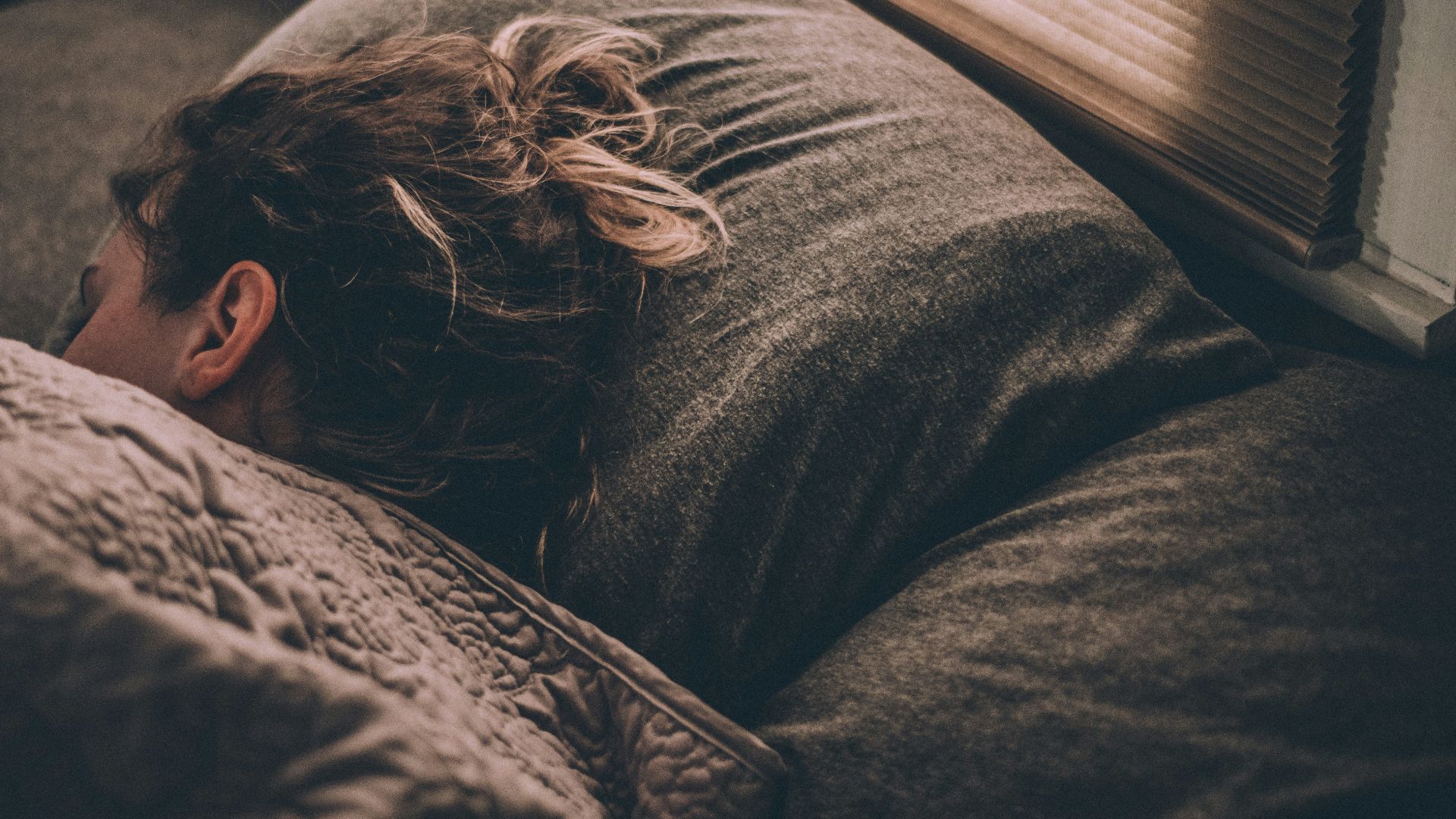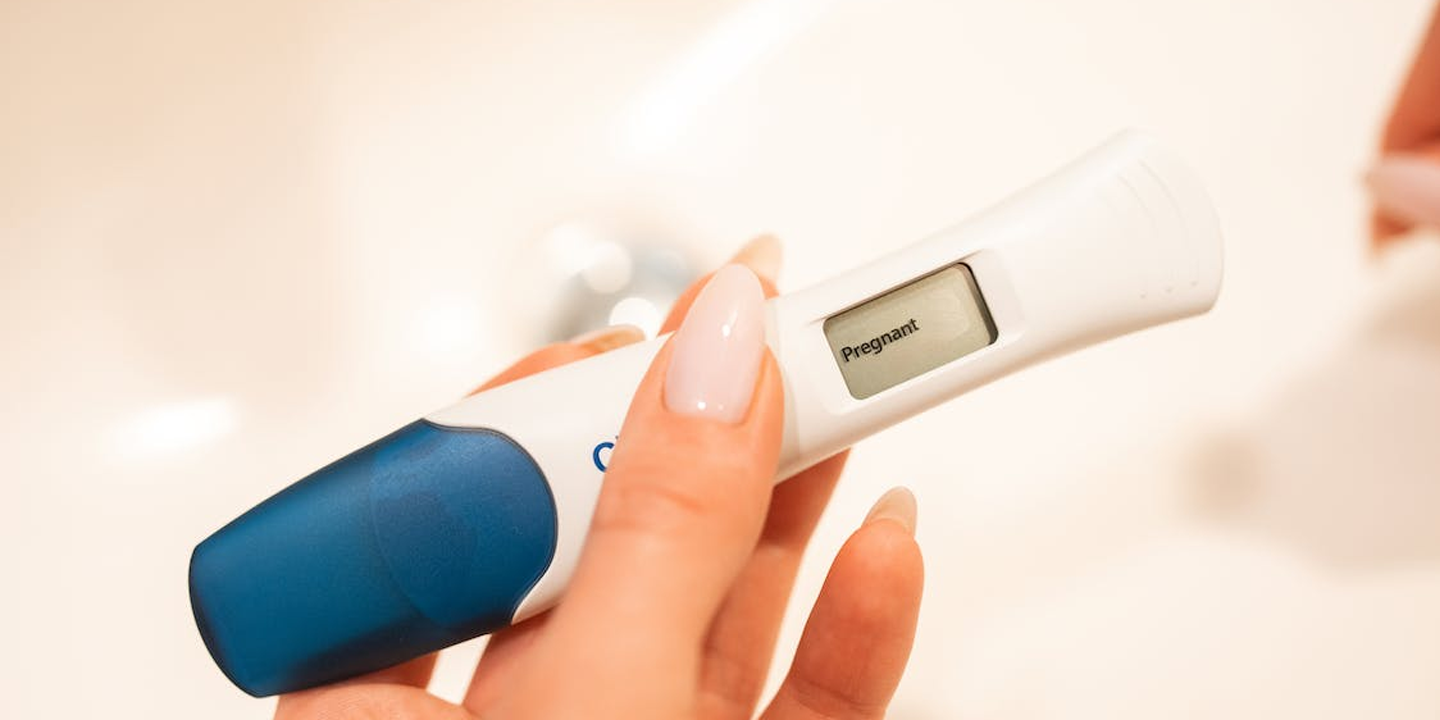10 Reasons You're Still Tired After a Full Night's Sleep & 10 Things to Do About It
10 Reasons You're Still Tired After a Full Night's Sleep & 10 Things to Do About It
Still Sleepy?
Before you go ahead and blame a sleep disorder, it's actually quite common to still feel tired after a full eight hours of sleep. This list breaks down the usual suspects, as well as what you can do to improve your rest.
1. Sleep Quality
While how long you sleep is important, it's equally important to ensure the sleep is high quality. Eight hours are useless if it isn’t very deep or restful. Common suspects of poor sleep quality include light, noise, or an uncomfortable bed.
2. Mental Health
Similarly, mental health disruptions can contribute to bad sleep. If you’re feeling anxiety or depression, you may feel drained after a long night’s rest even if you got in plenty of hours.
3. Sleep Disorders
While sleep disorders aren’t always to blame, sometimes they can be the cause of poor sleep. Common conditions include sleep apnea or restless leg syndrome, which can lead to discomfort and frequent waking that ruin quality.
4. Not Enough Physical Activity
If you live a very sedentary lifestyle, your body may not be feeling enough pressure to sleep at night. This essentially means that your body isn’t tired enough. To improve this, you’ll want to incorporate some more exercise throughout the day.
5. Poor Diet
What you eat can substantially affect the quality of your sleep. With that in mind, you’ll want to avoid eating heavy meals or drinking sugary or caffeinated drinks close to bedtime as they can make you quite sluggish. Also don’t drink too much water before bed as it’ll keep you waking up.
6. Too Much Bed Time
There is such a thing as spending too much time in bed, as you can mess with your mental reaction to sleep. Most experts recommend using your bed only for sleeping and intimate activities, which means you don’t want to do homework in it or watch TV from your bed.
 Priscilla Du Preez 🇨🇦 on Unsplash
Priscilla Du Preez 🇨🇦 on Unsplash
7. Circadian Rhythm Disruption
Circadian rhythm refers to an innate body clock that helps you decide when to sleep and when to wake up. However, it’s common for the circadian rhythm to be disrupted when you go to bed too late or sleep in too frequently. The goal here is to keep a consistent sleep schedule.
8. Chronic Fatigue
Additionally, underlying issues related to anemia or hormonal imbalances can also contribute to poor sleep. These factors will make you feel tired no matter how much you sleep, so it's important to pinpoint and address these causes.
 Alexander Possingham on Unsplash
Alexander Possingham on Unsplash
9. Medication
Medication can also impact your sleep quality, and even sleeping aids that are supposed to help can just disrupt your cycle instead. If you’re experiencing poor sleep after starting a new medication, you might want to consult your doctor.
10. Sleeping Too Long
It’s also completely possible to oversleep if you go over the maximum eight hours. This in turn can make you feel even worse than undersleeping, and will both fragment your sleep and leave you feeling groggy.
Now that we talked about reasons your sleep quality may be suffering, here are 10 foolproof ways to improve it.
1. A Consistent Schedule
If you’re used to setting schedules and routines in life, then sleep is just another factor to add to the list. Essentially, you want to go to bed and wake up at around the same time every day, with no exceptions on weekends!
2. Be Active
It’s also important to tire out your body before bed, so make sure you set some time every day for physical activity. While you want to avoid an intense workout right before bed, make sure you get 20 minutes of walking time in on the daily.
3. Eat Right
You’ll also want to make sure you’re eating and drinking the right thing, especially around bedtime. Cut off water two hours before bed so you’re not waking up to use the bathroom, but ensure you’re not dehydrated either. Additionally, snacking on melatonin-rich items like almonds can promote sleep.
4. Prioritize Sleep
It’s also important to make sleep a priority in your life. Don’t stall it over work or hobbies, and don’t sacrifice it for others either. It doesn’t matter who’s texting you—when it's bedtime, turn off and focus on rest.
5. The Perfect Place
You’ll also want to create a perfect environment for sleeping, one that makes you feel safe, secure, and comfortable. Consider lowering the temperature, as it’s easier to fall asleep when it’s cool. Also be sure to get blackout curtains to block light, and use white noise to prevent distracting sounds.
6. Blue Light
You might have heard the talk about blue light, and how it can block sleeping hormones in the body. Experts recommend cutting blue light one to two hours before bed, which means reducing time on your phone or in front of screens, and instead doing an activity to wind down.
7. Wind-Down
Lots of people also find they benefit from having a wind-down routine. This is essentially an hour or so-long routine you do before bed, and can involve reading, stretching, or even listening to calming music. It’s a way to signal to your brain that it’s time to rest.
8. Sunlight Exposure
Lots of people also find it helpful to get some sunlight exposure to help set their circadian rhythm. Natural sunlight is known to stabilize the internal clock and even boost melatonin production, so consider going for a walk before sunset.
9. Don’t Nap
While napping may seem like a great way to get some rest in if you’re feeling tired, it’s actually quite bad for you as it will reduce your sleep pressure. If you are going to nap, you want to keep them under 30 minutes.
10. A Sleep-Only Zone
As previously mentioned, it’s also important to trick your brain into seeing your bed as a sleep-only environment. That means don’t do stressful or exciting activities in bed, so that the moment you lay on that mattress, your brain knows it’s time to turn off for the day.


























